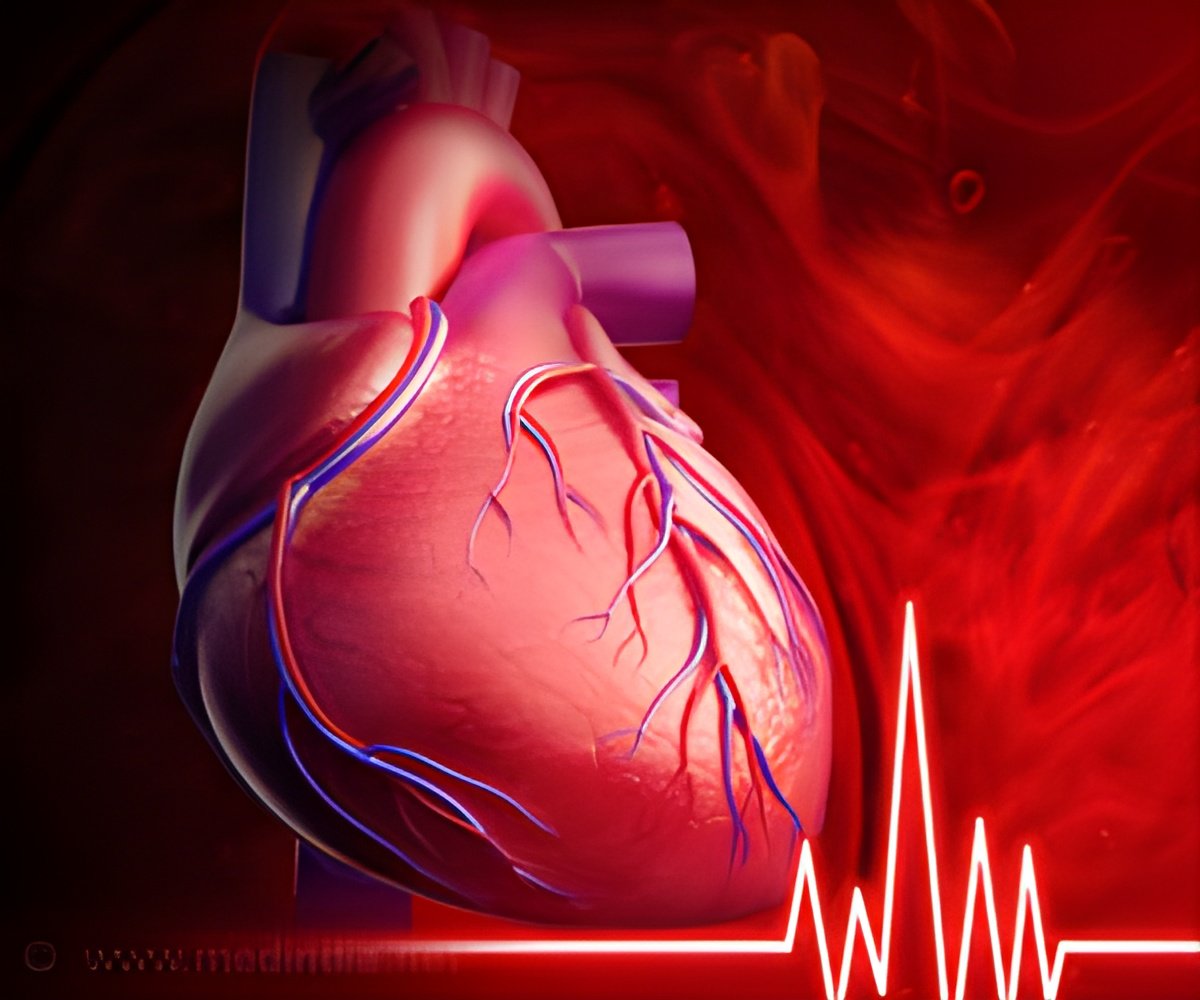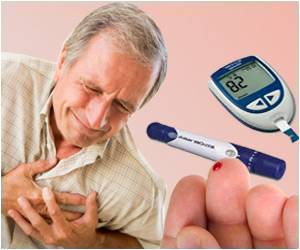A recent study finds five simple medical tests to provide a broader and more accurate assessment of heart disease risk.

- Heart disease may include various conditions which could affect the heart.
- Five simple medical tests namely, Electrocardiogram, limited CT scan and three blood tests can together predict the risk of heart disease.
- It is essential that the test is carried out with the help of a physician for proper results.
- EKG
- Limited CT Scan
- Three blood tests may help to predict people who will develop heart disease when compared to standard strategies which focus on blood pressure, cholesterol, diabetes and history of smoking.
Dr. De Lemos, said, "There has been a real need to bring modern science to the problem of heart disease risk prediction, which has relied on traditional risk factors for decades"
Kern Wildenthal, M.D., Ph.D. Distinguished Chair in Cardiology, said, "We wanted to determine whether advances in imaging and blood-based biomarkers could help us to better identify who was at risk for heart disease."
Research Study
The research team analyzed the data from the Multi-Ethnic Study of Atherosclerosis (MESA) with a population of 6,621 individuals and the Dallas Heart Study, that included 2,202 individuals. The study was conducted on a large number of minorities and women who were healthy during the onset of the study.
The study began in 2000 and had resulted in more than 200 published studies which may be identified by a mutation in the PCSK9 gene that resulted in low levels of cholesterol.
EKG (Electrocardiogram) - The 12-lead EKG may provide information about hypertrophy (enlargement of an organ or tissue due to the increased size of its cells) or may also provide thickening of the heart muscle.
Coronary calcium scan - This is a low-radiation imaging test which identifies calcified plaque buildup in the arteries of the heart.
- Identifying the C-reactive protein in the blood indicates inflammation
- Identifying hormone NT-proBNP indicates the stress on the heart
- High-sensitivity troponin T indicates heart muscle damage.
As of now, four of the five tests are available, except for the High sensitivity troponin-T test which will be made available soon.
Dr. Khera, said, that the test panel results were an added value to predict the risk of heart disease.
He also said that "These five tests have all stood on their own already. And they each tell us something different about potential heart problems - they're additive. As a result, we are getting a good look at global cardiovascular disease risk."
Simple Scoring System
The tests were combined with one point for each abnormal result. Those with five abnormal results showed a 20-fold increased risk of developing heart complications when compared with no abnormal test.
The study was also funded by part of research grant from the National Space Biomedical Research Institute to study the health effects of long-term space flight.
Dr. Khera, said, "NASA is considering long-term missions, for example to Mars. Astronauts are highly trained people and there's a heightened investment in long-term missions. If someone has a cardiovascular event, that would be catastrophic."
Dr. Lemos, said, "We're interested in taking the principles used by NASA and applying them to healthy people. An individual who is interested in obtaining a lot of information about his heart risk over the next 10 to 20 years can get a lot of useful information from these five tests."
The tests would not only help the astronauts but also help the public as well.
The research team also emphasized that the tests should be done with a physician who has expertise in heart disease prevention to find the results.
References
- James A. de Lemos et.al., A Multimodality Strategy for Cardiovascular Risk Assessment: Performance in Two Population-Based Cohorts, Circulation (2017); https://doi.org/10.1161/CIRCULATIONAHA.117.027272
Source-Medindia















